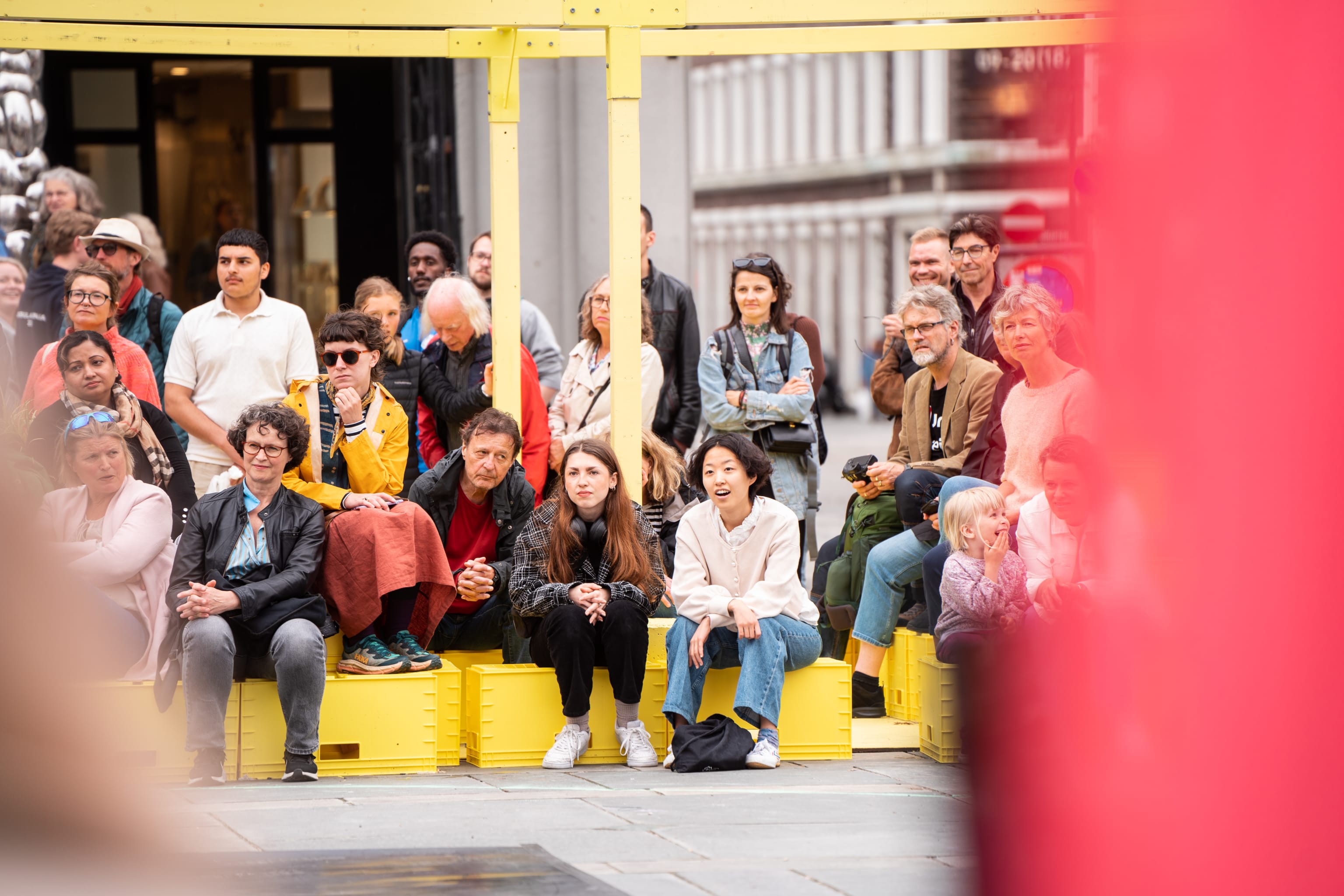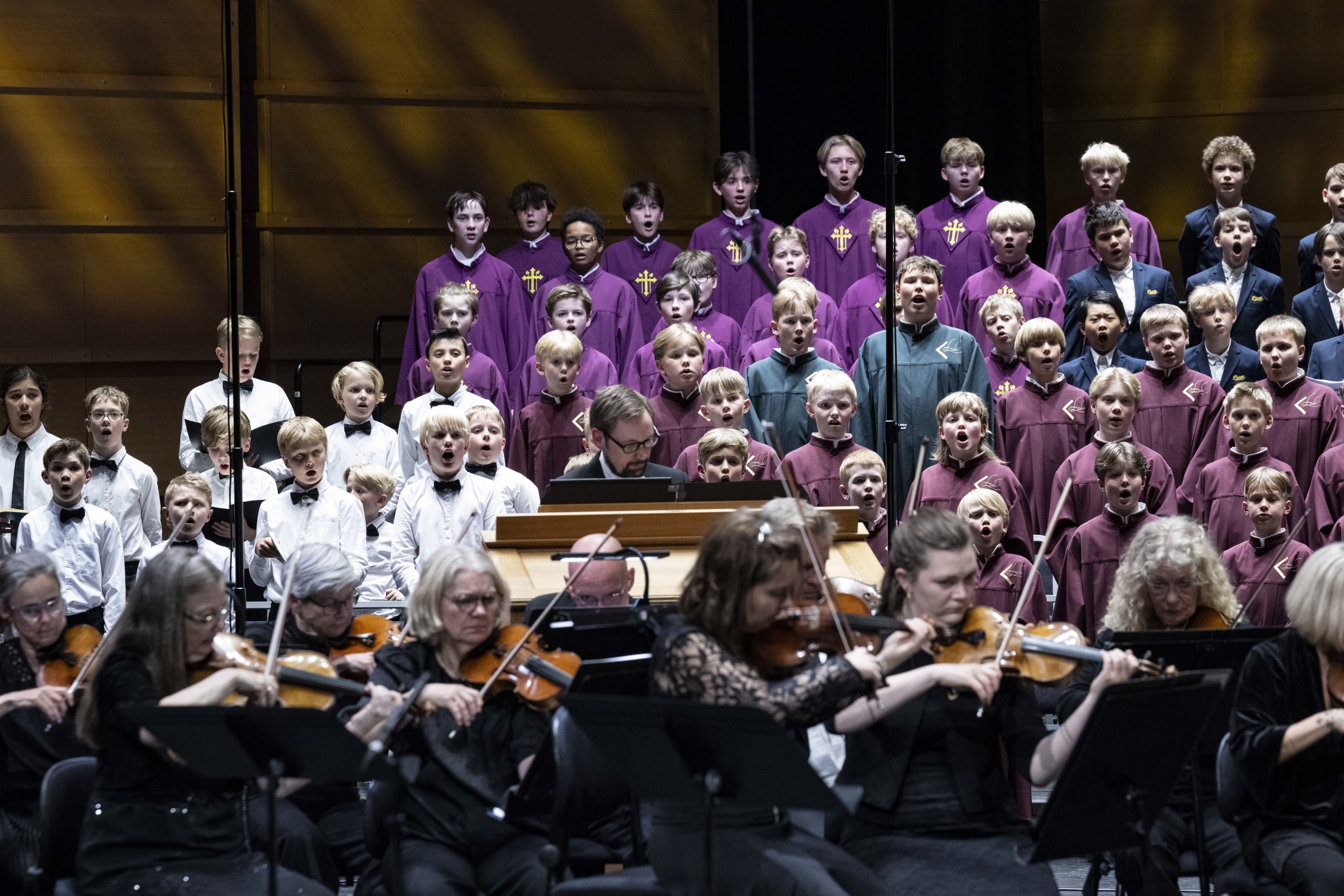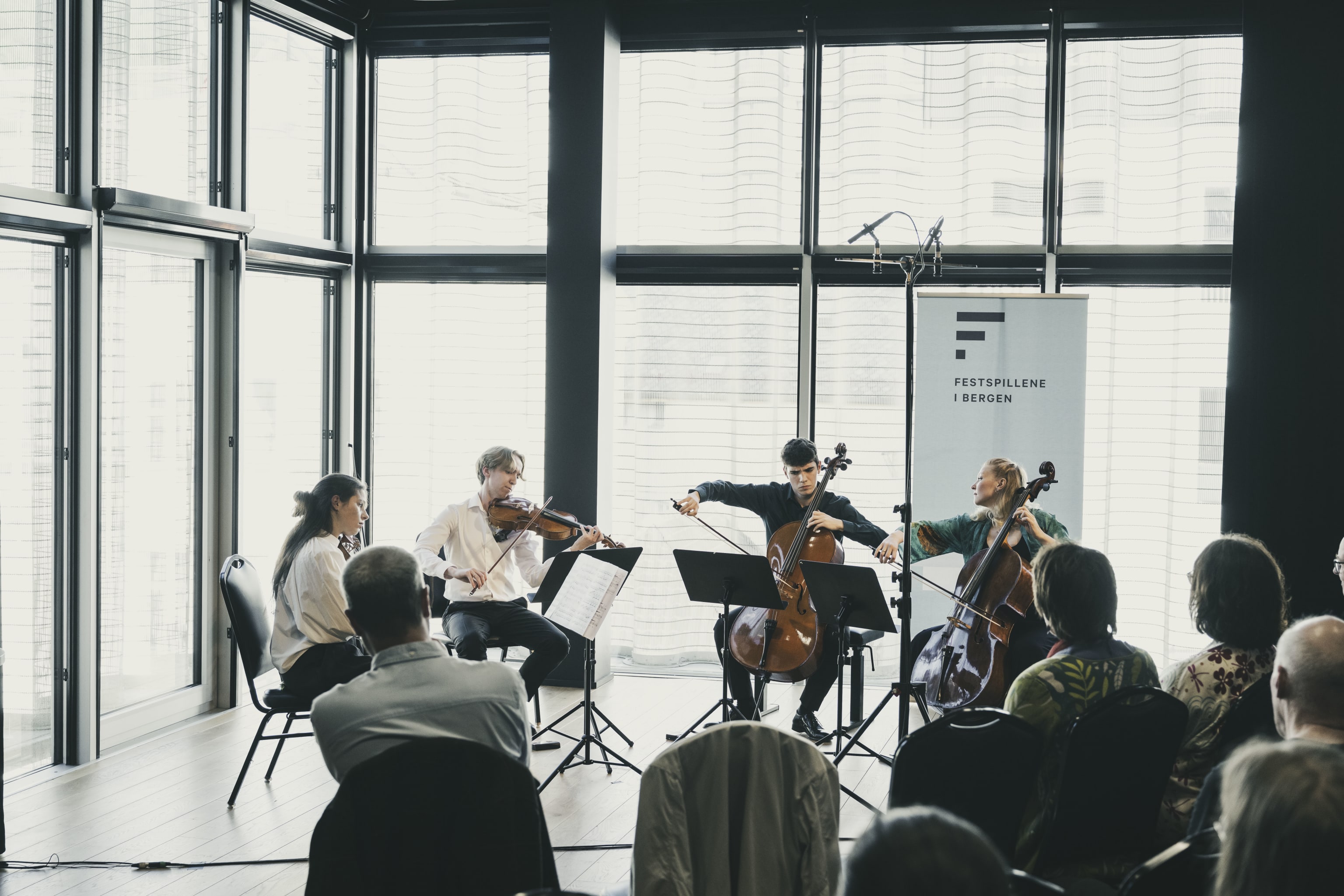
Give me something new!
- Home
- Festival
- 2020-and-before
- Articles
- Give Me Something New!
- By:
By: Anders Beyer,
June 05, 2017
A Festival world premiere that falls into a long tradition where the artist is searching back in time for renewal. I am positive this performance holds the power to revive the poet Edgar Allan Poe and is one that will be perceived as a meaningful pursuit of the art of the past, writes Anders Beyer.
Since the early 19th century Romantic Movement, artists and art theorists alike have been preoccupied with artistic renewal. Early on, ‘The new’ became an important concept, and creating something new became something of an obsession – an obsession masterly thematised and analysed by Thomas Mann in his epic novel Doctor Faustus (1947). Like Mann, the French poet Charles Baudelaire places this search within a larger philosophical context. The theme of his poem The Journey in the second edition of The Flowers of Evil (1861) is a longing for the infinite, not caring whether it is brought about by God or Satan, and which does not shun death if it offers those longing to partake in something fundamentally new.
Baudelaire shares this longing for the infinite with, among others, Edgar Allan Poe and Richard Wagner, and his contributing largely to introducing both the American poet and the German composer to France, is no coincidence.
Tradition and renewal
All these three 19th century artists were aware that aesthetic renewal could only happen in dialogue with tradition. We cannot imagine Baudelaire’s poetry without the classical poetry’s lyrical form, and Wagner’s musical renewal holds obvious references to the tradition it was breaking away from. Neither could Poe’s fantastic tales have been created without the poet’s familiarity with the literary gothic tradition and the newness it represented.
The selfsame three artists also went back to the art, myths, and conceptions of earlier periods and gave them a new form and new content. Just this kind of artistic renewal forms a vital part of modernism as well as postmodernism: What would Ezra Pound’s Cantos be without Dante’s Divine Comedy? What would Paal Brekke’s poetry collection Roerne fra Ithaka (‘The Rowers from Ithaca’) be without Homer’s Odyssey? And I presume it is generally known that a significant composer like Arnold Schoenberg viewed himself primarily as one who continued the progress within music history and tradition.
A world premiere by the English musical theatre group The Tiger Lillies during this year’s Festival, fits in with this perspective: Their performance Edgar Allan Poe’s Haunted Palace, yet to be experienced by myself or anybody else, reaches back to the American poet’s universe, aiming to revitalize it as well as to create something new.
The Pessimist Adorno
In the pre-bourgeois society, says Adorno, ‘the new’ meant a temporary change of something given, a variation, a surprise, a freedom, like the one Mozart would suddenly let come to expression in his music, precisely because it leans on the tradition it relates to. However, already towards the end of Schubert’s Winterreise from 1827, a picture appears, according to the German philosopher, of the new as detached from tradition and history, and thereby as representative for a new reality where repetition is more fundamental than renewal. It concerns itself with the picture of the Organ Grinder, standing barefoot on the ice repeating the same tune, as if it were new every time.
In a reality incarnated by the organ grinder, context and renewal of tradition become fundamentally impossible, states Adorno. In the commodity society, the notion of a consistent world has lost its historical foundation, and the artistic expressions that remain, are dominated by fragmentation, breakdown, dissolution – and self-reflection. Adorno perceives beautiful music and noble literature as shallow, as pretence, and as placating society’s commodity thinking, as the harmonious piece of work might also be consumed as a commodity. From this perspective, the philosopher finds it hard to accept for instance the music of Stravinsky.
Is it imperative to us to be as pessimistic on behalf of the art as Adorno is? Must our aesthetical criteria be as strict as his? I do not believe so. Artistic beauty does not necessarily contain a reconciliation with or acceptance of historical reality as it has presently turned out. Pretence also comprises a transcendence of reality, and it brings us into and points to another reality.
Edgar Allan Poe
Poe’s The Narrative of Arthur Gordon Pym describes a journey that might be largely perceived as a contrast to the classical journey’s motion towards fullness and conquest. At the same time, the story also problematizes the idea of the modern journey as radically different from the traditional. On a primary level, it also thematises the difficulties of transcending the literary tradition.
The main character sets out on a journey at sea, away from his family and the bourgeois life, but the new things he experiences, do not bring him into contact with something entirely new. Instead, he conceives culture as a coat of paint on a rotten wall, where piracy, murder, cannibalism, and the struggle to survive lie underneath. At last the fundamentally new reveals itself to him. He is approaching the Antarctic, it is raining dust for days on end, ever more densely, until, at last, the rain falls in the shape of drops of water. He is now drawing near his own death and ruin. The story ends in a shipwreck and with Mr. Pym’s very last words: ‘But there arose in our pathway a shrouded human figure, very far larger in its proportions than any dweller among men. And the hue of the skin of the figure was of the perfect whiteness of the snow.’
The publisher apologizes for the abrupt ending in a subsequent note. However, the narrator, Mr. Pym, is unfortunately dead. The new is realized in the conclusive whiteness in the text – in a movement that seems to close it by way of insisting on ruin and death, but simultaneously opening up towards something completely new and unknown.
Poe is convinced that poetry should concern itself with, and has the ability to, bringing us into contact with a world beyond our own. Herein lies, to Poe as to Baudelaire, the mission of art: All great art renews the tradition, and every meaningful pursuit of the art of the past will make us perceive it as new and relevant. Baudelaire phrased it thus: ‘Beauty consists of an eternal, invariable element, whose quantity is excessively difficult to determine, and of a relative, circumstantial element, which will be, if you like, by turns or all together, the era, its fashion, its morals, its passions.’
We are thrilled at the prospect of seeing what The Tiger Lillies has made out of Poe’s texts.
The Tiger Lillies: <em>Edgar Allan Poe’s Haunted Palace</em>
The Tiger Lillies are renowned and infamous for their dark, often macabre humour and performances balancing between the repulsive and the beautiful.
The world premiere of Edgar Allan Poe’s Hunted Palace takes place at Den Nationale Scene in Bergen June the 6thwith a following performance the 7th.
Based loosely on Poe’s stories and poems, and also inspired by his wild and tragic life, this is a concert performance entirely in line with Poe’s black humour.









